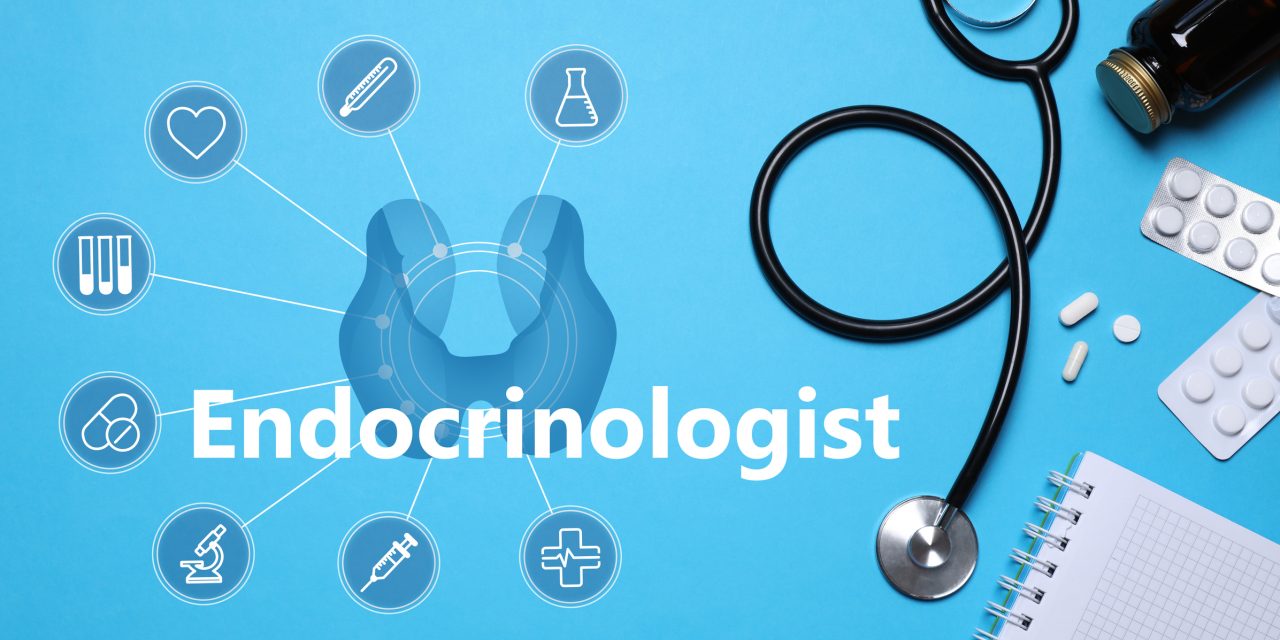To determine the efficacy of i-Port Advance system on patients satisfaction and glycemic control among patients with type 1 diabetes (T1D).
This prospective study was performed among 73 patients with T1D (13-29 years) at Prince Sultan Military Medical City, Riyadh, Saudi Arabia. Demographic data were collected at baseline and clinical characteristics were collected at baseline and 12 weeks. Patients’ responses to Morisky Medication Adherence Scale (MMAS-8) and Insulin Delivery Satisfaction Survey (IDSS) were recorded at baseline and 12 weeks after initiating the i-Port Advance system.
At 12 weeks, significant improvement was evident in the IDSS subscales, which comprises the IDSS effective (p = 0.048), burdensome (p = 0.032), and IDSS inconvenient (p = 0.001), with the total baseline IDSS score being 2.6 ± 0.42, and at 12 weeks being 3.7 ± 0.72 (p = 0.037). The MMAS total score at baseline was 4.6 ± 1.2, and at 12 weeks, it increased to 6.4 (p = 0.028). HbA1c level was 8.4% at baseline and decreased to 7.9% (p = 0.001) at 12 weeks. The total daily dose of insulin at baseline registered 0.9 ± 0.13, which declined to 0.8 ± 0.12 (p = 0.048) at 12 weeks. Fasting blood sugar value was 197 ± 23.4 at baseline, which dropped to 182 ± 24.5 at 12 weeks (p = 0.01); and the postprandial glucose at baseline was 195 ± 21.4 and declined to 177 ± 19.2 at 12 weeks (p = 0.01). The hypoglycemic episodes revealed a noteworthy reduction after the i-Port Advance system usage.
Use of i-Port Advance system was found to raise the patients’ satisfaction levels and lower both the hypoglycemic episodes as well as the HbA1c levels.
Copyright © 2021 Diabetes India. Published by Elsevier Ltd. All rights reserved.
Efficacy of i-Port Advance system on patients satisfaction and glycemic control among patients with type 1 diabetes in Saudi Arabia.


